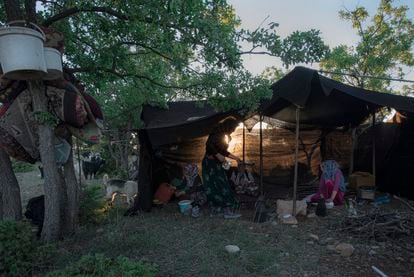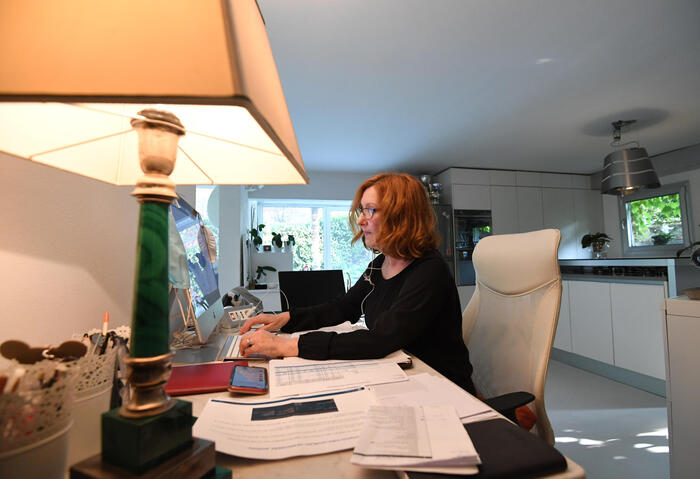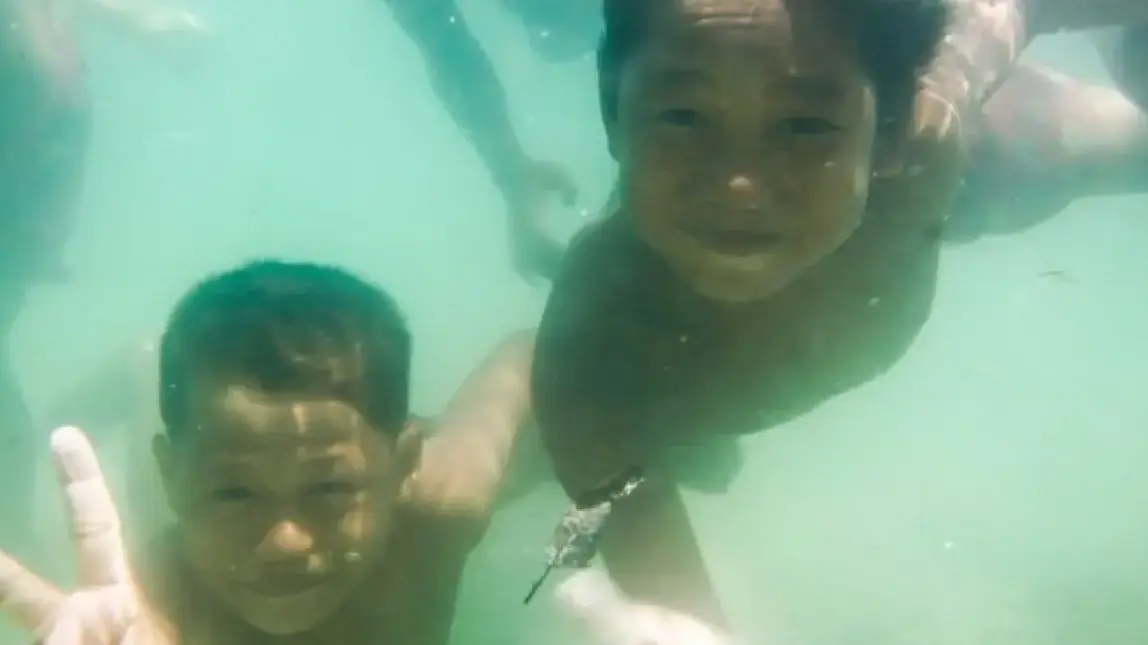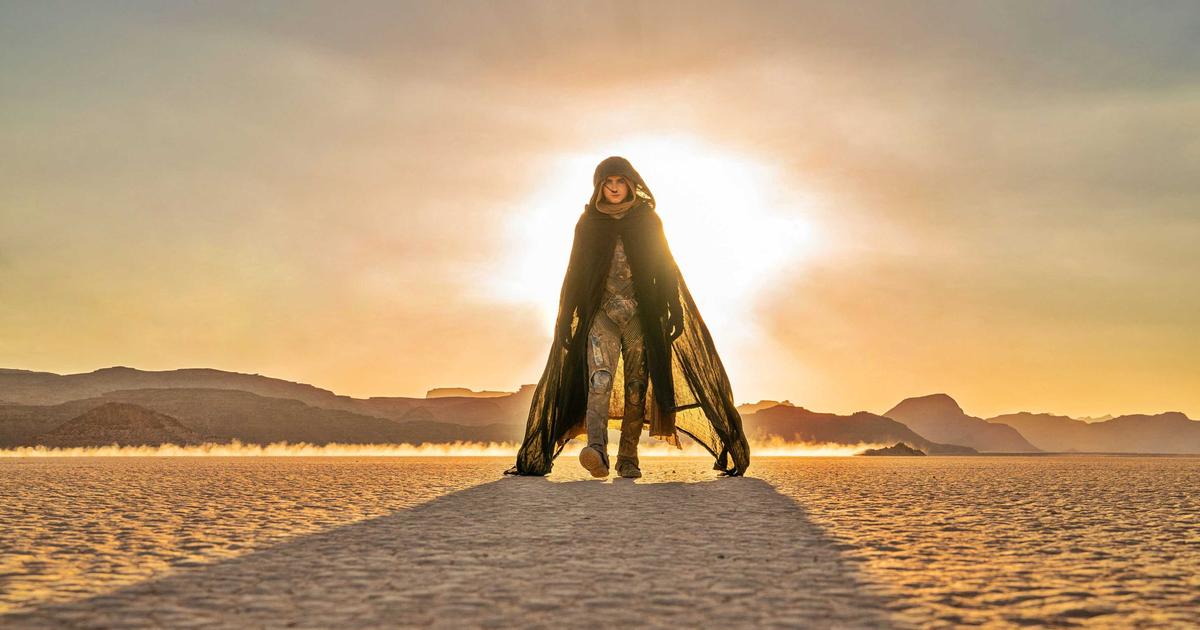In the first peachy light of dawn, Mehmet and his family rise to drink sweet black tea before dismantling their goatskin tent and heading out into the grasslands of central Anatolia.
They are all yörüks sarıkeçili, a nomadic people who have been herding their animals in present-day Turkey for more than 1,000 years.
Its members estimate that there are only about 150 families left, although it is not an exact figure, since it is very difficult to account for this dispersed ethnic group.
Due to the lack of legal protection to guarantee their way of life and a sharp rise in land disputes, they say they are likely to be the last.
photo gallery
The Itinerant Life of the Yörüks of Turkey
In addition, successive years of drought and reduced rainfall due to climate change are changing their migration patterns and forcing these nomads to transport water in tanks.
“There is little supply, and this year it has not rained much;
it is a serious problem, but the most difficult challenge we face is with the
muhtars
[village chiefs],” says Mehmet, sheltering from the midday sun after moving his herd of 500 goats to a new pasture.
The Yörüks migrate seasonally: first in April to spend the summer on the cool mountain plateaus of central Anatolia;
then in September to winter on the temperate coast.
Mehmet, his wife Kezban and their three children commute between the Mediterranean port city of Mersin in the south and the plains around Konya.
At each migration, Yörüks must apply to the Ministry of Forestry and Agriculture for a permit to move on public land with their animals. However, to travel through privately owned land they usually have to pay a fee, which is constantly increasing. Each village has a
muhtar
who, despite not having jurisdiction to do so, increasingly pressures herders to pay for pilgrimages through their areas. As a result, some of them can no longer afford to travel to their summer pastures.
“The villagers don't want us here.
A
jandarma
[Turkish gendarme] came and told us 'you can't come', but didn't give any reason.
Farmers are also worried about their crops,” explains Mehmet, brandishing a piece of paper handed to him by that law enforcement officer.
It is a requirement for them to leave.
In recent days, he says, Jandarma officials have visited the family on several occasions.
They have taken their migration permit documents and torn them up.
One morning, the family moves their animals through the brush to a new, lusher pasture.
During the journey they see a man from the area in the distance taking photos with his mobile phone;
the nomads believe that he intends to use them to complain to the
muhtar
.
“In a town, half the people say we can come and the other half say we can't.
When there are elections, the neighbors say 'I will vote for you, but only if you don't help the Yörüks', says the father of the family.
The family lives in a tent made from goat skins.
During migration, they mount and dismount each day and spend evenings by a campfire while their herd of goats graze nearby.
Click on the image to see the complete photo gallery.Alba Cambeiro
Natural grasslands in Turkey have been reduced by around 70% in the last 60 years, according to Engin Yılmaz of the Yolda Initiative, an Ankara-based conservation group that works to care for biodiversity. This means that nomads are increasingly forced to cross other types of terrain, including those used for agriculture.
Yılmaz points out that around the world nomads are blamed for the degradation of grasslands, often as a justification for preventing them from passing through private land. However, the reduction of natural land is more related to mismanagement by the authorities. “In Turkey we do not have a political framework that guarantees the right of access to land and natural areas. Policies favor industry and production systems and often have a detrimental impact on these communities.”
Yörüks are also heavily affected, according to Yolda's spokesperson, by any negative impact on the country's economy, as well as meat and dairy prices. For the past three years, Turkey has been facing a debt and economic crisis. The lira continues to hit record lows against the dollar and food prices are rising nearly 20% annually.
The nomads say that the financial pressure on ordinary citizens is causing rural communities to turn against them, blaming them for reducing the benefits of their land.
"When the economic situation is really bad, tensions rise and that affects the nomads," says Yilmaz.
As he explains, from an ecological perspective, grazing is a good thing, something that the UN Food and Agriculture Agency (FAO) also supports.
It favors biodiversity by helping to displace vegetation, keeping ecosystems healthy and helping to mitigate the negative effects of climate change.
The Turkish Directorate of Communications responded that it had “nothing to add” when contacted by this newspaper to contrast the Yörüks' claims.
12.The family gathers to eat under their tent at the end of the day.
Mehmet does not expect that his children will be able to continue migrating.
Of the three children, only the eldest, Ali, says he wants to continue caring for his animals.
Click on the image to see the complete photo gallery.
Alba Cambeiro
Unlike many nomads who have chosen to settle, at least partially, Mehmet's family lives year-round under a tent made from goat skins.
This makes them especially vulnerable to any challenges to their lifestyle.
They live off their animals, making cheese and yogurt with the milk of their goats, which they sell in the markets of the towns they pass through.
In addition to decreased access to their migratory routes, they face poor access to social services such as health and education.
During the last two years, the restrictions derived from the covid-19 pandemic have affected their mobility and the closure of food markets during the lockdown prevented them from selling their products.
Although the son, Ali, and the two daughters, Özlem and Songül, attend classes with their phones during the migration, the school year schedule is incompatible with their traditions.
The trips last up to a month and a half and coincide in the middle of the school year.
Asked if the three teenagers, aged between 11 and 16, want to remain nomads when they grow up, only Ali said yes.
tradition for women
Yeditepe University anthropologist Ayse Hilal, who has studied the Yörük way of life, says that women are still bound by traditional values. The unwillingness to send them on to higher education means that finding a regular job could be difficult if they give up the itinerant lifestyle, often leaving marriage as their only means of support.
Women take on most of the work;
they cook, clean and herd the animals to new pastures each day, while the men drive the tractor and the water tank between camps.
They have fewer transferable skills, such as driving, and would be disproportionately affected by the loss of their livelihood.
“No one finds a solution.
For people like us, if we lived in a village there would be no job opportunities, but life in the mountains also ends”, laments Mehmet.
"We feel miserable, but no one cares about us."
This report was written by Liz Cookman and originally published in English by the Thomson Reuters Foundation, the human rights arm of Thomson Reuters, which covers the lives of people around the world struggling to live freely or justly.
You can follow PLANETA FUTURO on
,
and
, and subscribe
to our 'newsletter'
here
.








